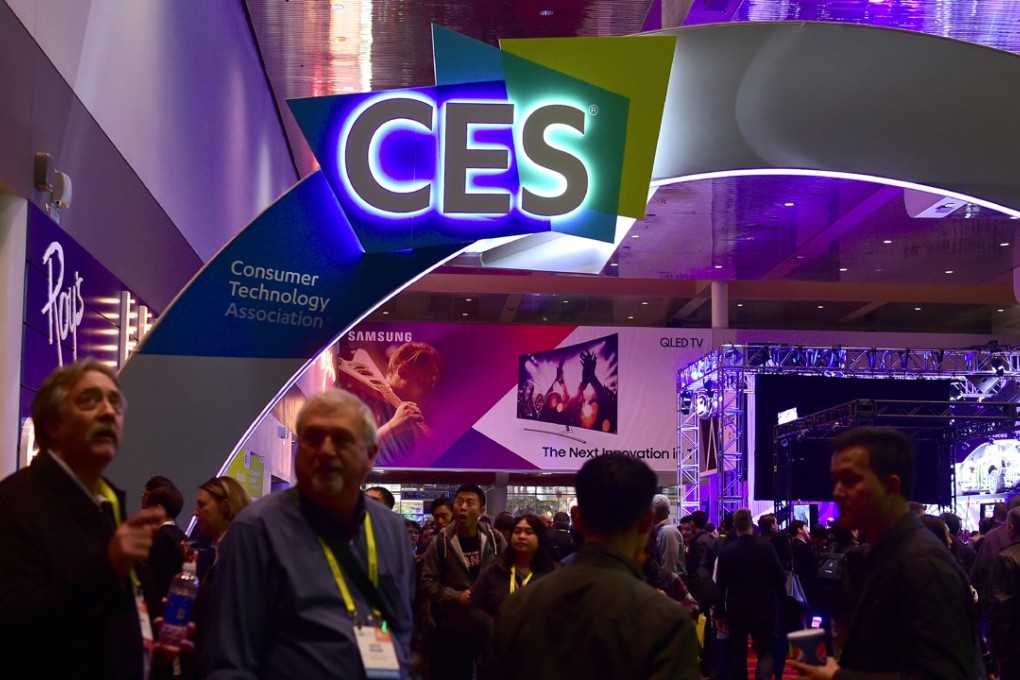Analysis | Chinese tech giants struggle with data privacy as they seek to crack US market
China’s technology giants have been ensnared in rising consumer concerns about the way their data is being handled. The same privacy concerns torpedoed a US$1.2 billion deal and look set to continue dogging Chinese tech companies as they expand into developed markets like the US

China’s technology giants are increasingly facing a backlash for the way the handle personal data, challenging the notion that Chinese consumers do not care about data privacy.
The scrutiny over privacy and security is likely to dog Chinese companies taking part in the annual CES trade show in Las Vegas starting this weekend, coming on the heels of the US government rejecting Ant Financial Services Group’s proposed US$1.2 billion acquisition of money transfer provider MoneyGram International on the grounds of national security.
“The expansion of Chinese tech companies will test Washington’s stance on how they shall be treated,” said William Carter, the deputy director and research fellow of technology policy at the Center for Strategic and International Studies, a Washington, DC-based think tank.
Carter said security concerns would pose a major hindrance for hardware manufacturers as they woo American consumers, who tend to be wary of handing over data to any foreign company.